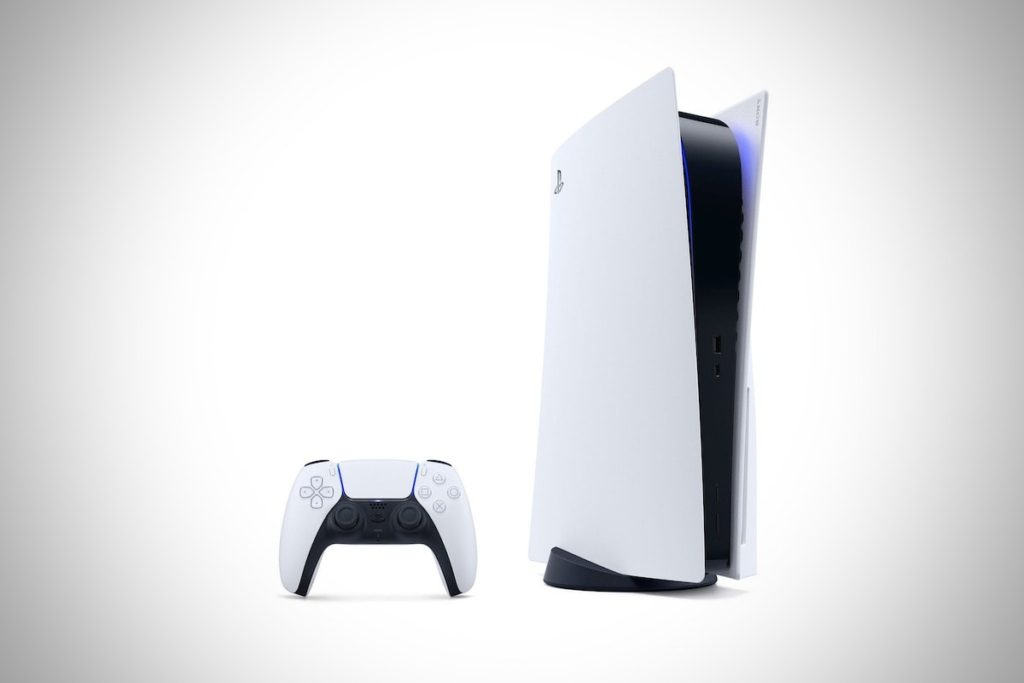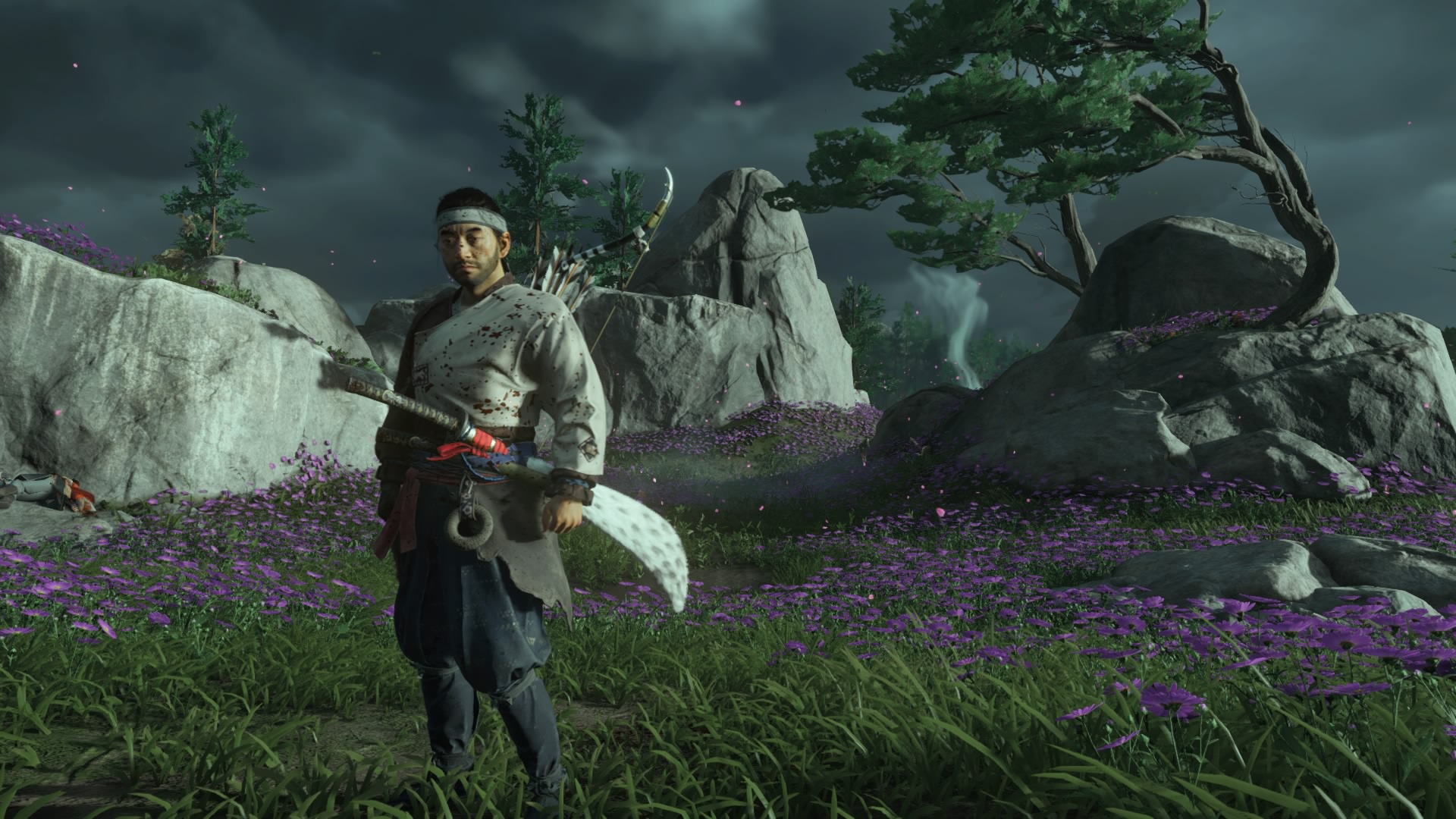PS5 backwards compatibility with PS4 sounds promising – but I want more
Opinion: Sony is taking the right approach with backwards compatibility overall

Sign up for breaking news, reviews, opinion, top tech deals, and more.
You are now subscribed
Your newsletter sign-up was successful
Last week, Dark Souls specialist Lance McDonald tweeted about the PS5's backwards compatibility feature before deleting it. Resetera captured the tweet.
"There's been some confusion about this in the past and I can clear it up now: The PlayStation 5 can run all PlayStation 4 games without per-game whitelisting. Sony continue to test titles but the system will not prevent you from launching untested games."
After this was deleted, a later tweet reportedly said: "I deleted a tweet out of respect for the platform holder, feel free to interpret that however you like." This was also deleted.
If true, this essentially means that you won't encounter any barriers when you play a PS4 game on your PS5 – no "whitelisting" would mean you could try any game and see how it plays. It's possible you won't have an experience that's identical to the game as it runs on PS4 – but you won't have to wait for Sony to add that game to a list and give you permission to play it on PS5, if this tweet is correct.
This would be a good thing, and is largely expected anyway. While the solutions that enable backwards compatibility in PlayStation consoles has varied over the years, this is how Sony has always done it from a player perspective. On PS2, you could play your PSone games. On PS Vita, you could play your PSP games. And on early PS3s, you could play PSone games and even most PS2 games, before Sony changed the hardware to cut costs.
Below, we'll talk about what we know about the PS5's backwards compatibility feature so far, and explain what we think is right and wrong about Sony's approach.
- PS5 games: what we know about
- PS5 vs Xbox Series X
- The best PS4 games
What do we know about PS5 backwards compatibility?
What McDonald said in his deleted tweets does basically line up with Sony's own, slightly muddled discussion of how far-reaching the PS5's ability to play PS4 games will be.
Sign up for breaking news, reviews, opinion, top tech deals, and more.
Back in March 2020, Sony's Mark Cerny first explained how backwards compatibility worked on PS5. Rather than putting the PS4's chipset into the PS5, it would instead "incorporate any differences in the previous console's logic into the new console's custom chips."
This means the backwards compatibility function in the PS5 will be there in every console, and not later removed to save costs as it was on PS3's ability to play PS2 games. That decision instantly made the PS3 a less appealing console.
"Running PS4 and PS4 Pro titles at boosted frequencies has also added complexity," Cerny said. "The boost is truly massive this time around and some game code can't handle it. Testing has to be done on a title-by-title basis. Results are excellent, though. We recently took a look at the top 100 PlayStation 4 titles as ranked by playtime, and we're expecting almost all of them to be playable at launch on PlayStation 5."
In a follow-up blog by Platform Planning & Management SVP Hideaki Nishino, Sony broadened that to many more compatible games than just the top 100. "With all of the amazing games in PS4’s catalog, we’ve devoted significant efforts to enable our fans to play their favorites on PS5. We believe that the overwhelming majority of the 4,000+ PS4 titles will be playable on PS5."
Again, this largely tallies with what McDonald mentions above. Whitelisting would mean that players would have to wait for individual games
"In his presentation, Mark Cerny provided a snapshot into the Top 100 most-played PS4 titles, demonstrating how well our backward compatibility efforts are going," Nishino also said.
"We have already tested hundreds of titles and are preparing to test thousands more as we move toward launch. We will provide updates on backward compatibility, along with much more PS5 news, in the months ahead. Stay tuned!"
This is the best approach

A bit more clarity from Sony on how backwards compatibility will work would go a long way, but we're fans of the approach. You can basically buy any PS4 game now with the confidence it's likely to work on PS5.
And since you can't even pre-order the PS5 yet, we can't begrudge Sony too much for the lack of information on the subject – plus it's a situation that's probably changing over time, as more games are tested. It's likely that further details on backwards compatibility will be revealed alongside other key hardware info, like the dimensions of the console, or indeed the release date and price.
Still: we've said it before, but it's disappointing that Sony still sees PS Now as the only outlet for its older PlayStation titles. The PS4 aside, there are great games on PS3, PS2 and PSone that are basically lost to time, unless they're so popular they get a remaster, or you're a collector.
The selection of older games on PS Now is meagre – and we don't expect Sony to take Microsoft's approach of trying to support the vast majority of games from its older consoles. Sony simply doesn't need to work that hard to wow players – and besides, supporting PS4 games on PS5 will probably seem like enough to most players.
If nothing else, it's cool that in an age of digital downloads, there's some real continuity between these PlayStation consoles. Sony seems to care a lot more about this now than it did back when the PS4 launched, and you could speculate that Microsoft's diligent approach to backwards compatibility was a factor in that move. On PS4, you couldn't play any PS3 games, meaning if you bought The Last of Us, Saints Row 4 or Arkham Origins in 2013, it was gonna stay on your 7 year-old console.
Hopefully this is a sign that backwards compatibility is becoming standardized between the two console giants.

Samuel is a PR Manager at game developer Frontier. Formerly TechRadar's Senior Entertainment Editor, he's an expert in Marvel, Star Wars, Netflix shows and general streaming stuff. Before his stint at TechRadar, he spent six years at PC Gamer. Samuel is also the co-host of the popular Back Page podcast, in which he details the trials and tribulations of being a games magazine editor – and attempts to justify his impulsive eBay games buying binges.